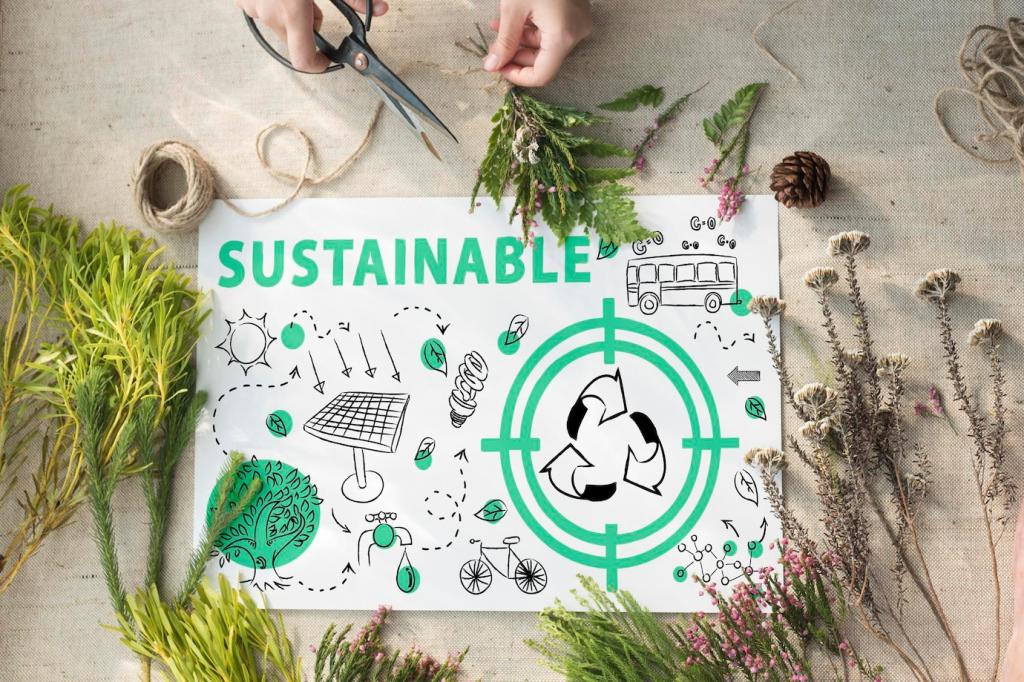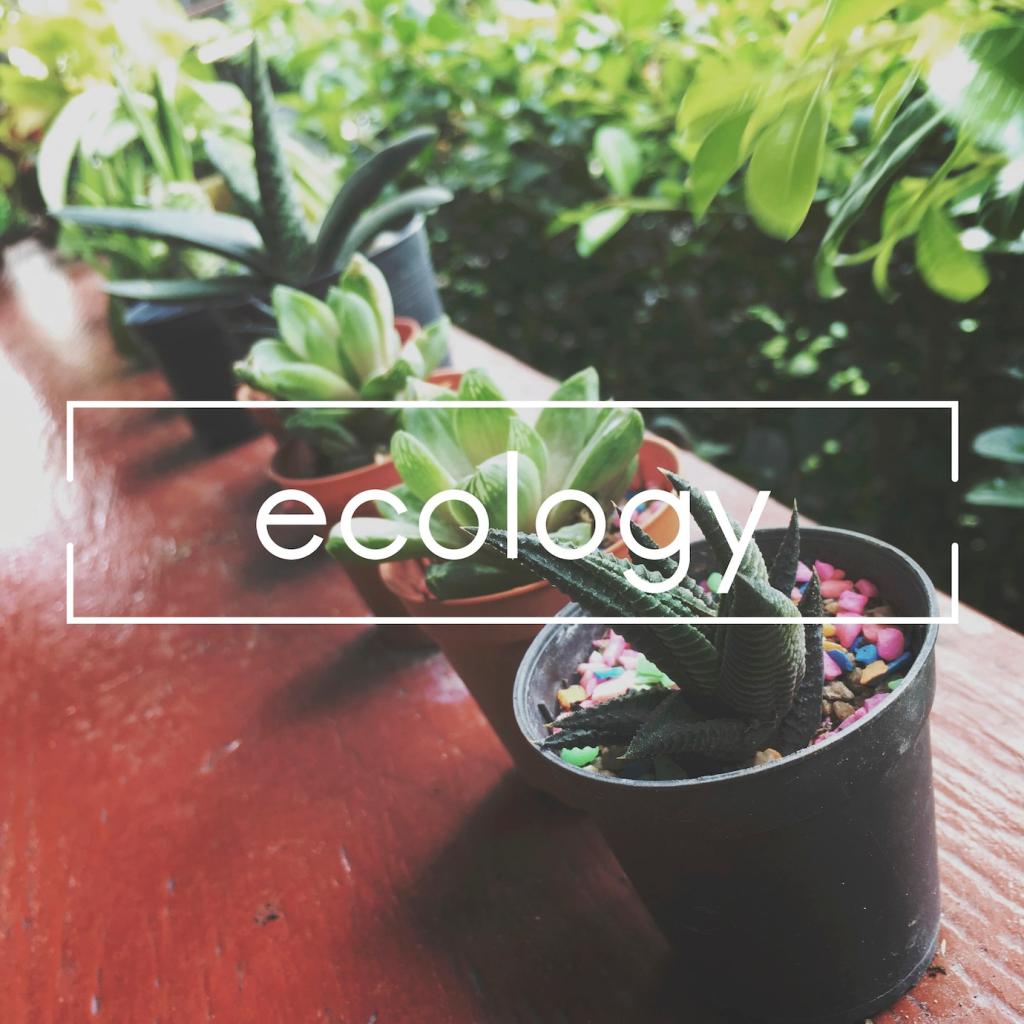Storytelling Strategies for Promoting Green Initiatives
Chosen theme: Storytelling Strategies for Promoting Green Initiatives. Welcome to a space where vivid narratives turn climate goals into personal commitments, and where your voice can inspire neighbors, teams, and whole communities to act today.

Why Stories Spark Sustainable Action
When people enter a story world, cognitive defenses soften and messages travel farther. Instead of lecturing about emissions, place readers beside a cyclist who beats traffic, saves money, and breathes cleaner air on their daily commute.
Facts matter, but feelings move feet. Pair data with a family’s rooftop-solar moment—the first utility bill dipping under fifty dollars—so pride, relief, and possibility drive others to explore incentives and request quotes themselves.
People copy people like them. Showcase a local barber who composts hair clippings for community gardens, and watch nearby businesses emulate the practice because it fits neighborhood identity, not just environmental checklists.

Designing a Green Narrative Arc
Open with a tangible moment: a playground too hot to touch by noon. Then link heat to tree canopy maps, and invite readers to imagine shade arriving within seasons, not decades, through coordinated planting drives.
Characters Who Carry Your Climate Message
Choose everyday heroes with measurable aims: a cafeteria manager cutting food waste by thirty percent. Track their setbacks, clever tweaks, and eventual win, so readers see themselves following the same practical path tomorrow.


Characters Who Carry Your Climate Message
Let a creek narrate its recovery as rain gardens bloom along sidewalks. Personify the waterway’s gratitude when oil sheens vanish, inviting residents to post photos of dragonflies returning as living proof of progress.
Transforming Data into Memorable Stories
Metaphors that Make Metrics Memorable
Convert kilowatt-hours saved into “winter evenings lit for every apartment on Maple Street.” Compare diverted waste to “two city buses kept out of landfill.” Concrete metaphors anchor abstract numbers in neighborhood reality.
Before–After–Bridge Case Stories
Show the mess before, the success after, and the bridge steps in between. Document procurement approvals, vendor hiccups, and volunteer training so others can replicate your exact playbook without reinventing the wheel.
Visual Storytelling: Maps, Timelines, and Tiny Details
Use annotated maps to reveal heat islands shrinking, timelines to celebrate milestones, and close-up photos of repaired toasters to humanize circular economy wins. Invite readers to submit visuals for a community gallery.


Choosing Formats and Channels for Reach
Open with a micro-conflict: “Our school’s recycling failed—until the custodian rewrote the map.” Use captions to reveal the twist, then pin a resources link. Encourage duets or stitches so your message multiplies organically.
Choosing Formats and Channels for Reach
Podcasts and newsletters carry nuance. Interview the bus driver who championed electric routes despite charger glitches. Let pauses, laughter, and ambient sounds create intimacy that numbers alone rarely achieve.
Ethics, Authenticity, and Measuring Impact
Publish your methodology, assumptions, and known trade-offs. Link to third-party audits, disclose offsets, and mark estimates clearly. Transparent storytelling invites collaboration, not cynicism, and keeps your green initiatives resilient under scrutiny.
Ethics, Authenticity, and Measuring Impact
Secure consent for photos, credit local knowledge, and share benefits. When residents co-author the narrative, they champion rollouts, protect installations, and correct rumors faster than any official press release could.
Join our mailing list
